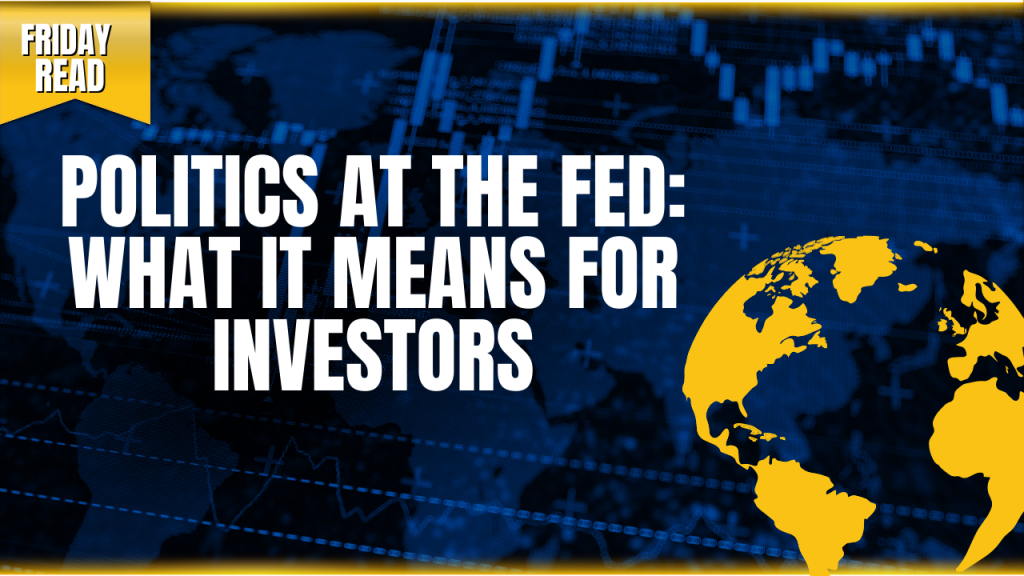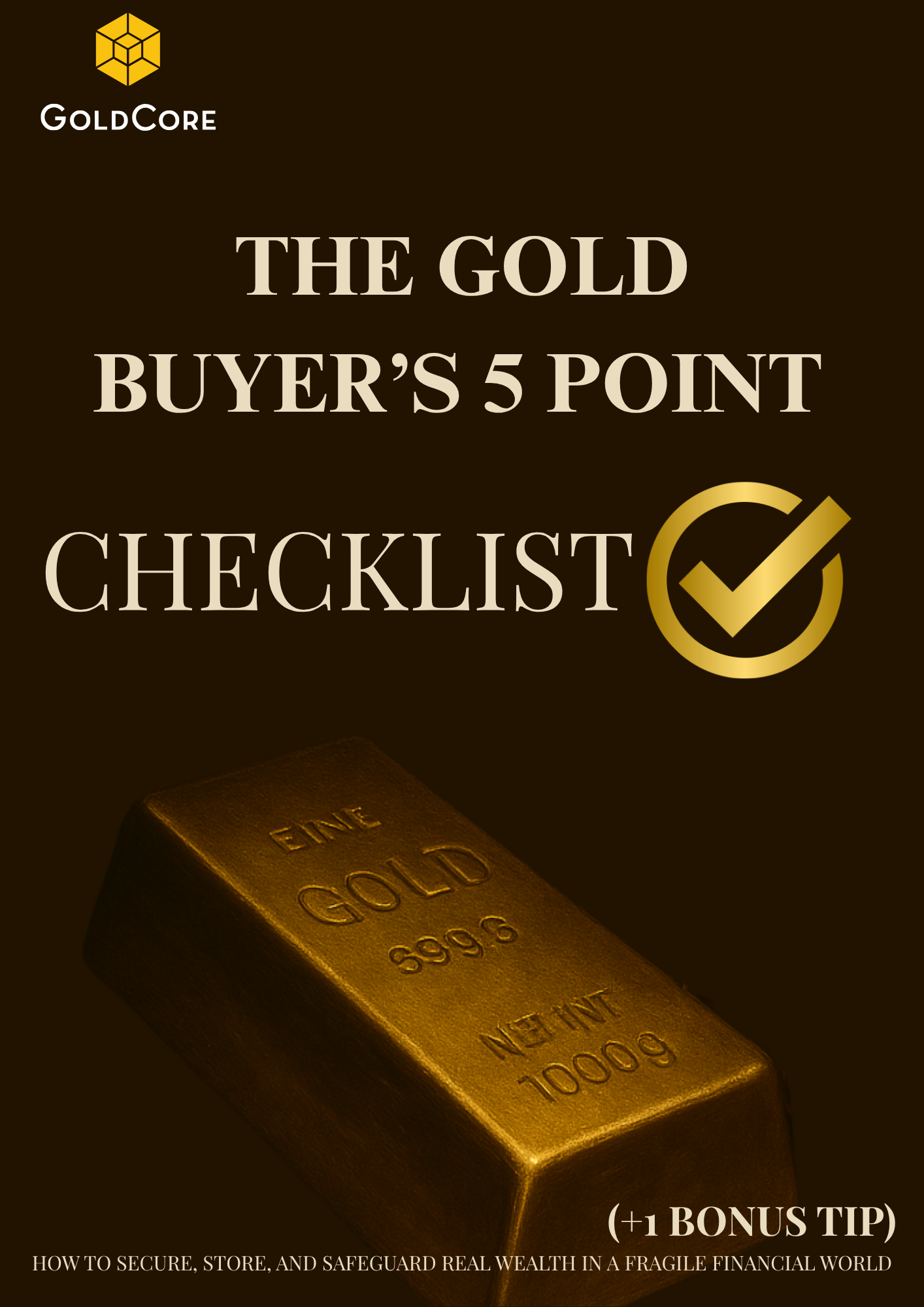
The Federal Reserve was not born fully independent, but over the past century it has built its reputation on a principle that has set it apart: the freedom to make monetary decisions without direct political interference. That independence has long been touted as its greatest strength, the cornerstone of its credibility. Yet today, the very idea of a Fed at arm’s length from politics looks under threat.
Talk of presidents ousting governors, leaning on interest rate decisions, or reshaping the institution in their own image has gone from academic speculation to front-page reality. The world’s most important central bank suddenly looks less untouchable.
Why It Matters
There is no shortage of debate about whether central bank independence makes a difference. Economists point out that growth rates do not necessarily benefit. In fact, Britain managed faster per capita growth than the US during the decades when the Bank of England was under government control, while the Fed operated independently.
Where independence does appear to matter is in inflation. The more exposed a central bank is to politics, the more likely prices are to rise and swing about. That does not sound too dramatic when you average out the numbers across decades. But in a world already laden with debt and uncertainty, any loss of credibility in the Fed’s inflation-fighting credentials could have profound consequences.
Beyond the Numbers
The deeper concern is not whether US GDP ticks up or down by a few tenths of a percent. It is what this erosion of independence signals. For decades, the Fed has been held up as the impartial umpire of the global financial system. If that impartiality is now questioned, the system itself looks less certain. And rivals are watching closely.
China, Russia, India and beyond (including North Korea) are already probing new ways to build financial alliances and lessen reliance on the dollar. A Fed perceived as beholden to politics makes their case easier. The anchor of the system begins to look more like a sail, flapping in whichever direction political winds decide.
Download Your Essential Checklist
Even within the West, the alarm bells are ringing. Christine Lagarde at the European Central Bank has warned that a loss of Fed independence would pose a “serious danger” to the world. That is diplomatic code for: this is not just America’s problem.
What Happens Next?
The immediate question is what comes next, and here the President’s choice of Stephen Miran to join the Fed’s board is telling. Miran has been vocal about reshaping the central bank itself. He has argued that presidents should have far greater authority to remove Fed governors, a shift that would all but erase the institution’s traditional insulation from politics. He has also floated the idea of a “Mar-a-Lago Accord,” echoing the Plaza Accord of the 1980s, with the explicit aim of weakening the dollar to boost exports and punish trading partners through tariffs.
For investors, this is not just about one man’s seat at the table. It signals an appetite to rewrite the rules of monetary governance. A Fed that can be bent more easily to political will is a Fed less able to play its role as a neutral arbiter. That means higher risk of inflation, greater volatility in bond markets, and fresh doubts about the dollar’s status as the world’s reserve currency. In that environment, gold’s appeal is obvious: it is not a promise from an institution, but a store of value in its own right.
The Gold Perspective
Markets instinctively understand this. Analysts at Goldman Sachs have calculated that if even a small fraction of private Treasury holdings were to shift into gold on the back of diminished trust in the Fed, the metal could surge towards $5,000 an ounce. When that exact number materialises is to be seen, but the underlying point is clear: gold thrives when faith in institutions falters.
Unlike a central bank, gold does not promise independence. It simply is independent. It does not vote, it does not issue press releases, and it cannot be pressured by politics. In times when the credibility of our monetary referees is called into question, that kind of permanence is more than a safe haven; it is a reminder of stability in a shifting landscape.
Closing Thought
As investors, we cannot control whether the Fed holds its ground or bends under political pressure. But we can control how exposed we are to that uncertainty. For those already holding physical gold and silver, the present moment underscores the wisdom of diversification beyond the political cycle. For those still considering it, the debate over Fed independence is a reminder that institutions may not always be as unshakable as they seem.
The Fed’s independence may not be what it once was, but the independence of gold remains untarnished.
Buy Gold Coins

Buy gold coins and bars and store them in the safest vaults in Switzerland, London or Singapore with GoldCore.
Learn why Switzerland remains a safe-haven jurisdiction for owning precious metals. Access Our Most Popular Guide, the Essential Guide to Storing Gold in Switzerland here.






